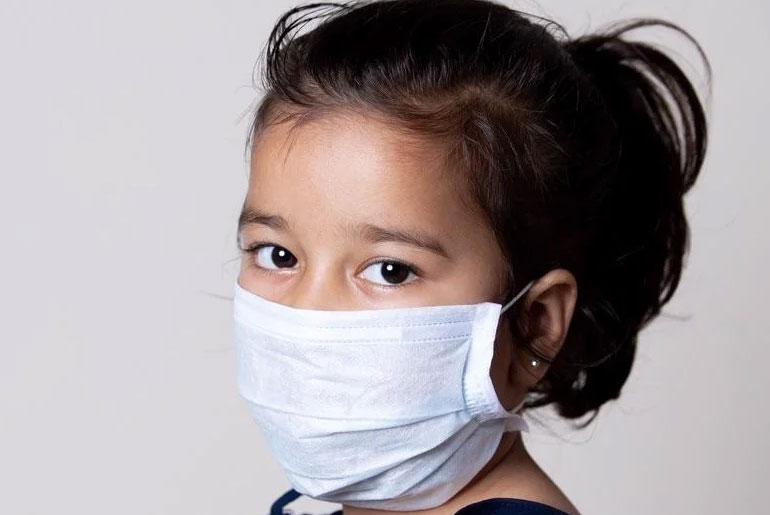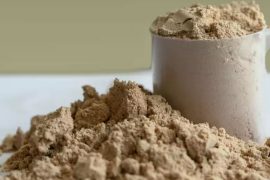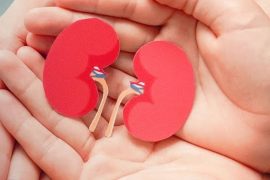As the Covid-19 variant JN.1 emerges and spreads across several cities in India, with over 150 cases reported, it becomes crucial to prioritize the safety of children. The variant, designated as a variant of interest by the World Health Organization (WHO), carries a single mutation compared to other variants, potentially making it more transmissible or adept at immune system evasion. Although the efficacy of existing vaccinations against this sub-variant is uncertain, it is essential for vulnerable populations, particularly children, to adhere to preventive measures. Parents play a key role in educating their kids about the virus and inculcating preventive habits to protect children from the Covid-19 variant JN.1. This includes reinstating the use of masks, emphasizing hygiene practices, and maintaining social distancing. Until more information is available, these precautions remain vital in minimizing the risk of infection and preventing the further spread of the new variant.
To protect children from the Covid-19 variant JN.1, it is essential to adhere diligently to Covid-appropriate measures. Parents and caregivers should emphasize regular handwashing with soap and water, encourage social distancing, ensure proper mask usage, and discourage attendance at crowded events. School authorities must implement necessary precautions, including maintaining proper ventilation in classrooms, conducting regular sanitization, and monitoring students for symptoms. The collective commitment to these preventive measures is crucial in minimizing the risk of Covid-19 transmission among children and controlling the spread of the JN.1 variant.
Here are some tips to safeguard children from the new variant:
- Hand Hygiene: Encourage children to wash their hands regularly with soap and water for at least 20 seconds. If soap and water are not available, using a hand sanitizer with at least 60% alcohol is an alternative.
- Social Distancing: Teach children the importance of maintaining a safe distance from others, especially in crowded places. Avoid close contact with individuals showing symptoms of illness.
- Masking: Ensure that children wear masks properly, covering both the nose and mouth. Masks are crucial in preventing the transmission of respiratory droplets that may contain the virus.
- Crowd Avoidance: Discourage children from participating in or attending crowded events and gatherings. Limit exposure to places where the risk of virus transmission is higher.
- School Safety Measures: Schools should implement and enforce Covid-appropriate measures, including regular sanitization of premises, temperature checks, and proper ventilation in classrooms. Educators and staff should also be trained to recognize symptoms and take necessary actions.
- Proper Ventilation: Good ventilation is crucial in reducing the concentration of airborne viruses. Schools and indoor spaces should ensure proper airflow to minimize the risk of transmission.
- Health Education: Educate children about the virus, its symptoms, and the importance of following preventive measures. Promote a culture of awareness and responsibility.
- Vaccination: If eligible, ensure that children receive the Covid-19 vaccine as per the guidelines provided by health authorities. Keep up to date with vaccination schedules.
- Regular Health Check-ups: Schedule regular health check-ups for children to monitor their well-being. Seek medical attention promptly if any symptoms or concerns arise.
- Stay Informed: Keep abreast of updates and guidelines from health authorities regarding the Covid-19 variant JN.1. Stay informed about any changes in protocols or recommendations.
By combining these measures, parents, educators, and communities can work together to create a safer environment to protect children from the Covid-19 variant JN.1 transmission, particularly with the emergence of new variants.
Disclaimer:
The information contained in this article is for educational and informational purposes only and is not intended as a health advice. We would ask you to consult a qualified professional or medical expert to gain additional knowledge before you choose to consume any product or perform any exercise.







